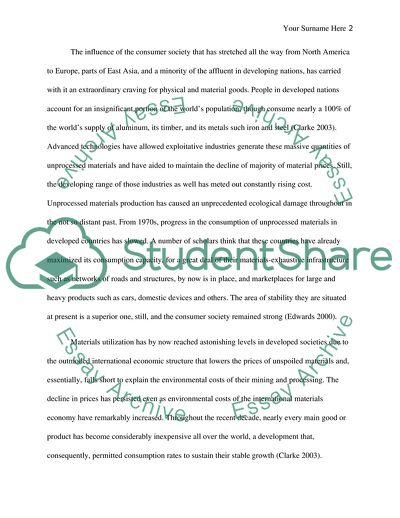Cite this document
(The Consumer Society - Garbage In, Garbage Out Essay, n.d.)
The Consumer Society - Garbage In, Garbage Out Essay. https://studentshare.org/environmental-studies/1724509-how-does-consumer-society-contribute-to-the-garbage-problem
The Consumer Society - Garbage In, Garbage Out Essay. https://studentshare.org/environmental-studies/1724509-how-does-consumer-society-contribute-to-the-garbage-problem
(The Consumer Society - Garbage In, Garbage Out Essay)
The Consumer Society - Garbage In, Garbage Out Essay. https://studentshare.org/environmental-studies/1724509-how-does-consumer-society-contribute-to-the-garbage-problem.
The Consumer Society - Garbage In, Garbage Out Essay. https://studentshare.org/environmental-studies/1724509-how-does-consumer-society-contribute-to-the-garbage-problem.
“The Consumer Society - Garbage In, Garbage Out Essay”. https://studentshare.org/environmental-studies/1724509-how-does-consumer-society-contribute-to-the-garbage-problem.


